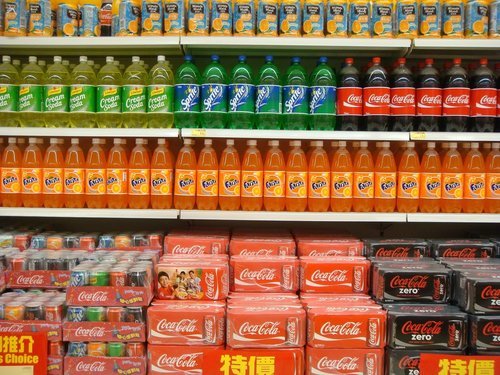Advertising directly to consumers
Traditionally, most consumer goods companies have used retail stores and e-commerce websites to get their products into the hands of consumers. However, this has changed in recent years with more companies selling their products and services directly to their customers. This has been the case for all sorts of products from soft drinks and coffee to Verso Skincare products and high-end alcohol. There are multiple reasons that consumer goods companies have chosen to go down this route which we will explore in this article.

Owning the relationship

One of the main reasons that businesses are adopting a D2C approach is that they would like to directly own their relationships with their customers. Data is increasingly important in our inter-connected world and companies want to know who is buying their products and more importantly why they are buying them.

This information makes it a lot easier to upsell consumers to new products and design products and services that they can be confident their existing consumers will be interested in. If the relationship with the consumer is owned by someone else such as a supermarket then this information is simply unavailable and consumer goods companies risk being leapfrogged by competitors who have a far more direct relationship with their customers.
Upsell and beyond
Getting a customer to make a direct purchase for the very first time can be an enormous challenge for companies but it is often only the first hurdle that they have to jump. Once a company has information about a consumer, it can start to work out what other products they are likely to be interested in and what they may buy next. Their personal information such as their age, location and purchasing habits can be combined with that of others in order to build up a picture of what is likely to sell well. Many companies are using machine learning and artificial intelligence to improve their knowledge of their customers and more effectively sell to them.
The way that companies market to their customers is changing and supermarkets are bound to react strongly to any risk of being cut out of the mix. The years ahead could easily change the way that consumers buy all sorts of products and it is far from clear who will emerge victorious from this battle of the trillion dollar companies.


